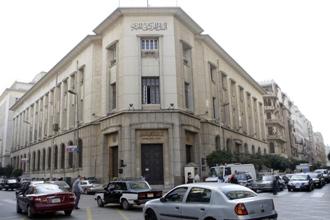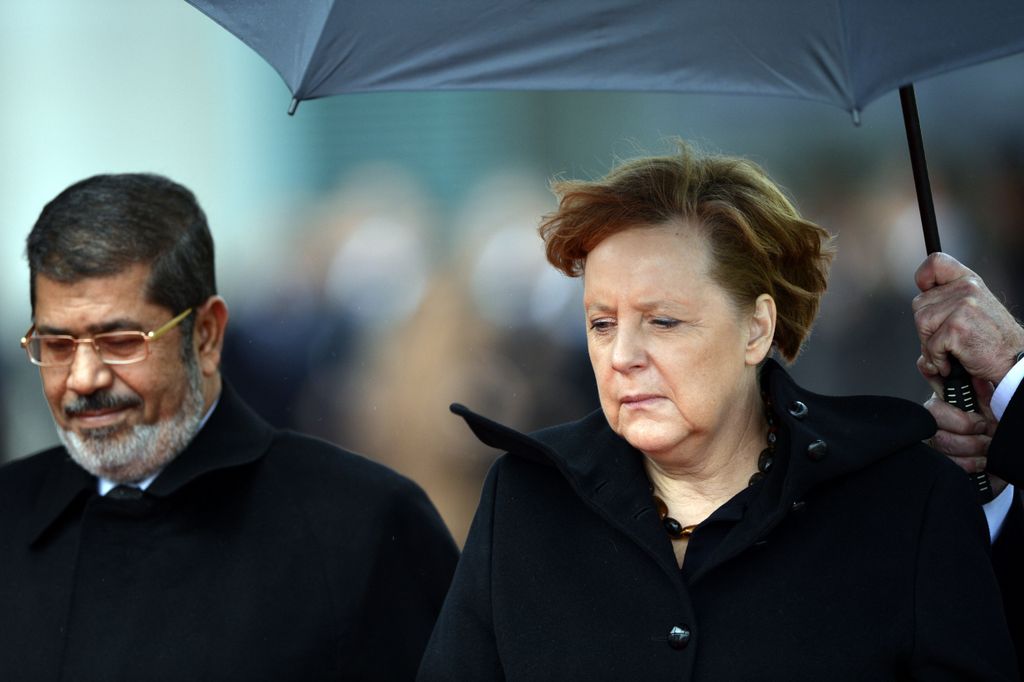CAIRO: The Egyptian pound fell to a five-year low against the greenback, dropping by 0.2 percent as it ended trading at 5.806 to the dollar on Monday.
Analysts said that the currency’s dip may be due to seasonal sell-off of foreign investor’s holdings of the pound ahead of the Christmas season coupled with Egypt’s widening trade deficit as well as looming political risk.
The latest fall in the currency’s value has resulted in a 5.5 percent overall decrease for this year, Bloomberg reported.
Cairo-based investment bank Beltone Financial said in a note that “changes in the US dollar and euro rate will, largely, determine the rate at which the EGP depreciates over the short and medium terms,” especially due to “forecast widening in merchandise trade, and thus, current account deficit.”
Beltone expects the pound to continue weakening against the dollar to average around 5.75 in fiscal year 2010/11, “and to depreciate further going forward to an average of 5.90 in fiscal year 2011/12.” The firm added, however, that this was no cause for concern.
Citing the Central Agency for Public Mobilization and Statistics, the news agency highlighted that Egypt’s trade deficit swelled by 53 percent, bringing the total to $3 billion as of October over the previous month.
Beltone noted that while the Greek sovereign debt crisis has largely been subdued, which provided “relative stability” to the pound between May and October, the situation began to reverse when Ireland announced that it would need a €90 billion bailout from the European Central Bank, the European Union and the International Monetary Fund.
News of the bailout dragged the value of euro down, thereby propping up the value of the dollar, which in turn hit the Egyptian pound for the worse, Beltone explained.
The euro zone crisis has yet to be resolved in the market’s eyes, as media reports have consistently noted investors’ grave concerns over Portugal’s — and especially Spain’s — sovereign debt woes.
The main concern is Spain — were it to request a bailout from the trio in the same fashion as Ireland and Greece, it would require nearly €400 billion over the coming three years.
Critics have underscored that should this occur, it could rock, and potentially permanently destabilize, the European currency, as the EU loan facility, which was recently established, may be unable to cope with such a sizeable bailout.
Nevertheless, European leaders have consistently stated that their countries would stand united behind the common currency to ensure its survival.
In June, Moody’s Investor Service slashed Spain’s rating in September from triple-A status to Aa1, reports said.
Director of research at Cairo-based investment firm CI Capital Mona Mansour said that the firm devalued its forecast for the fourth quarter of 2010 because of the parliamentary elections that took place in Nov. 28 with runoffs in Dec. 5. “We were expecting a rebound in December, yet it did not happen. The [Egyptian pound] is further depreciating against the USD and this risks inflationary pressures.”
The decrease provides Egyptian exports with “a competitive edge, but adds to inflationary pressure,” she added, especially since “Egypt is a net importing nation with consumption contributing to over 70 percent of its economy.”
Looking ahead, factors that will continue to impact the pound’s value against the dollar are the local supply of foreign exchange as well as movements in the dollar and euro exchange rates, Beltone said.
It furthermore noted that “ongoing domestic increase of foreign exchange proceeds from tourism, Egyptian workers’ abroad, the Suez Canal and investments could curb the pace with which the pound would weaken against the dollar.”



